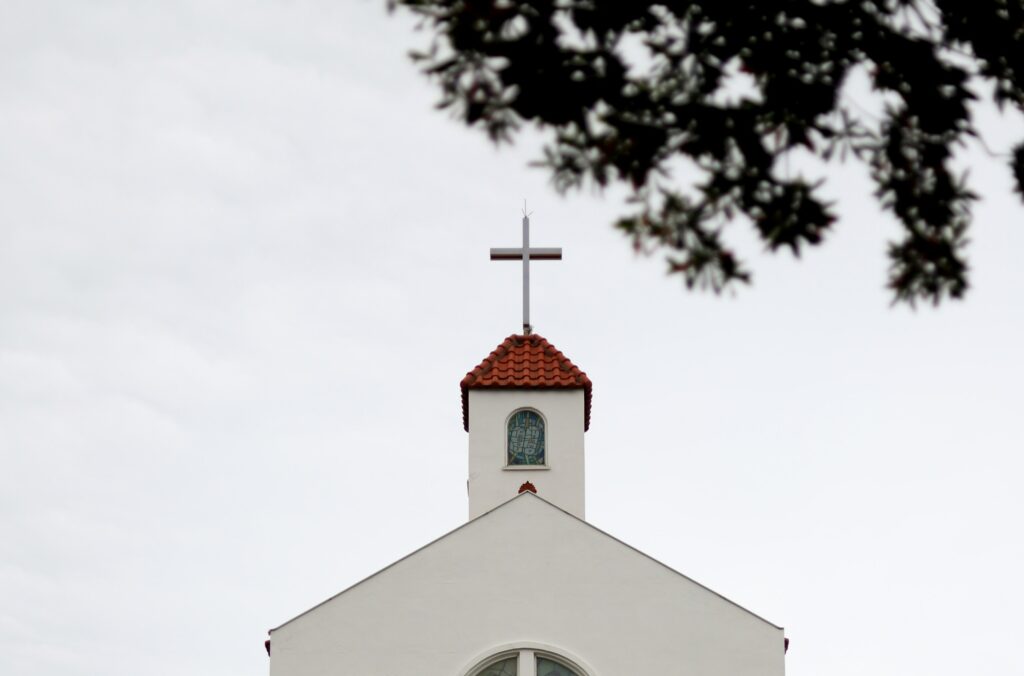
Experts tell us that we can’t be productive or successful without goals. We should write down our daily, weekly, monthly, and annual goals, and check them off when they’re completed. We should constantly re-evaluate our goals to be sure that they match our priorities.
Makes sense. I make lists and check things off every day, and it works pretty well for me.
The principle works for organizations as well as individuals. My employer, an educational institution, has goals that they communicate constantly to the faculty, the staff, and the students. Right now, at the beginning of the school year, we’re in the season where a few chapel sessions are devoted to informing the new folks, and reminding everybody, of our institutional purpose, past, and plans.
We shouldn’t be surprised, then, that God has goals for his people. He’s communicated them repeatedly throughout history, even though it sometimes appeared that hardly anybody was listening. In the current slice of history, when the people of God bear the moniker of “church,” he has plans for us too—especially corporately.
In Ephesians 4, among other places, God gives His goals for the church. Church isn’t just something we go to as spectators, a place where we meet people and perform rituals. It’s a living organization with a specific mission. In this passage God lays out the goals for the organization of which He is chief executive officer.
He begins by noting that we can’t succeed without help—particularly his gifting (Ep 4.7). And that gifting, perhaps surprisingly, isn’t supernatural abilities or tricks. It’s people.
Here Paul lists 4 or 5 kinds of people—there are other lists in other places, specifically Romans 12, 1Corinthians 12, and 1Peter 4, as I’ve noted earlier. This list includes apostles, prophets, evangelists, and pastors and teachers (Ep 4.11). They have a job to do: to mature the believers to do the work of service and consequently build up the body of Christ (Ep 4.12)—the church (Ep 1.22-23).
So the church is a body-building enterprise; it’s there to bring people together so that they can build one another up into maturity.
And what, specifically, does it mean to be mature?
For the church, it’s not the color of its hair (assuming it has some), or its height, or its musculature. Paul lays out the specifics in verses 13 through 16. These verses lay out God’s goals for the church.
Why do you go to church? (And what does “go to church” even mean if the church is a fellowship of believers and not a building?)
If you go to church with no purpose, no plan, no goal, but just because that’s what you always do on Sunday mornings, then how likely is it that you’ll play a part in helping the institution accomplish its purpose?
How do you feel about someone who’s working on a group project with you and who isn’t pulling his share of the load?
We hear any number of people complaining about this church or that one.
I wonder what they’re doing to help.
I wonder if they’re focused on a specific goal, and if so, if their goal is the right one.
In this passage Paul is going to describe both the long-term and the short-term goals for the church—my church, your church and all the others—as well as some specific ways we can pursue those goals.
It might be good for us to spend some mental effort thinking through what he has to say.
Next time.
Part 2: The Long Range | Part 3: The Short Range: Consistency | Part 4: The Short Range: Discernment | Part 5: The Short Range: Truth
Photo by Nagesh Badu on Unsplash


